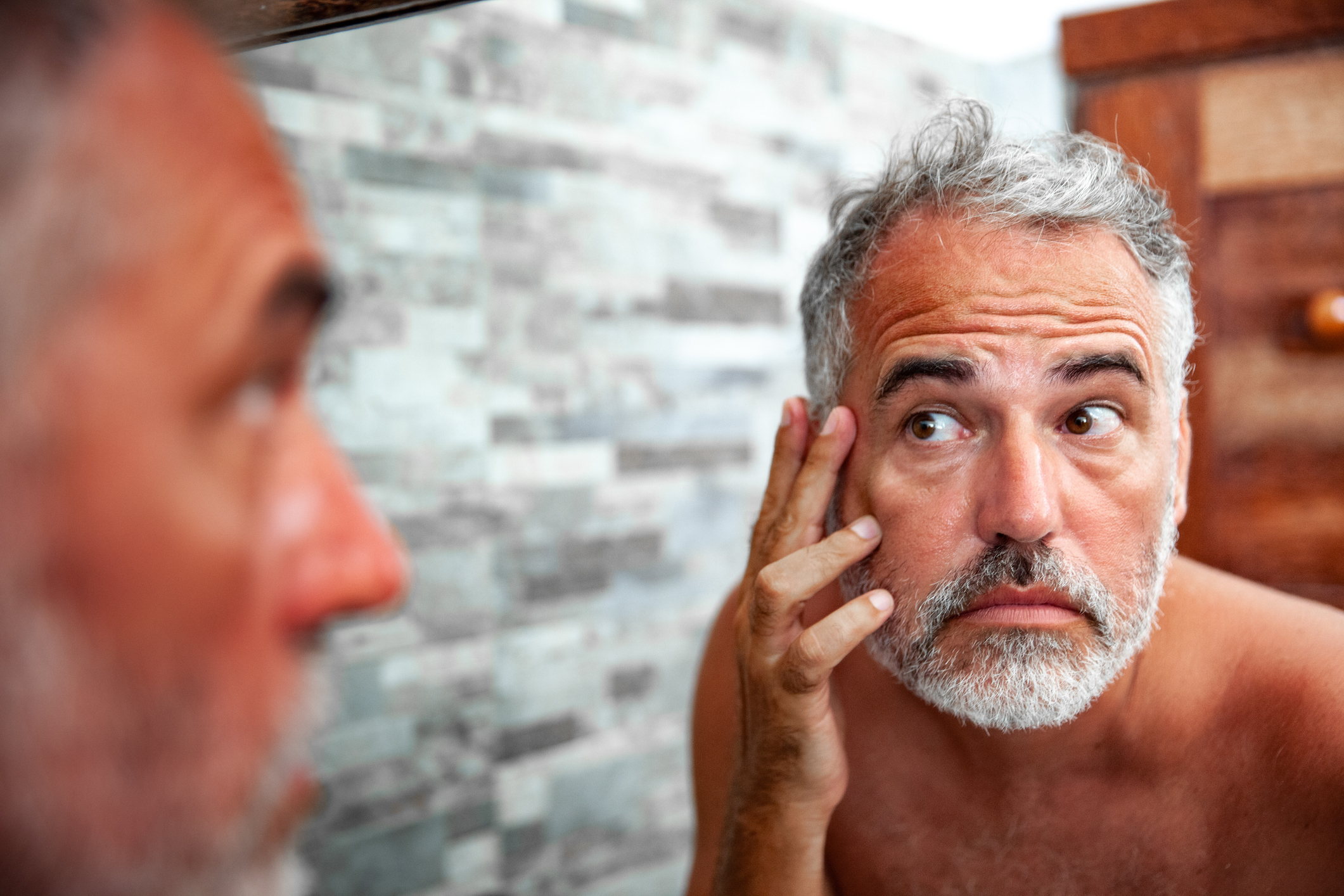Get Easy Health Digest™ in your inbox and don’t miss a thing when you subscribe today. Plus, get the free bonus report, Mother Nature’s Tips, Tricks and Remedies for Cholesterol, Blood Pressure & Blood Sugar as my way of saying welcome to the community!
Melanoma carries higher genetic risk than previously thought

A good friend of mine was diagnosed with melanoma about 10 years ago. The strange thing was that within less than a year, her twin sister was told she had melanoma too.
Every doctor they saw told them it was incredibly rare to have a relative with melanoma and that skin cancer and genetic risk just didn’t go hand-in-hand — unlike other cancers such as breast and colon cancer.
Well, it turns out that those doctors were wrong…
In fact, according to a team of researchers from the Cleveland Clinic, when it comes to melanoma, family history may be a bigger risk factor than sun exposure in some cases.
Cancer genes and melanoma
In the past, even if you told your doctor that close members of your family had been diagnosed with melanoma, it would be almost unheard of for them to order a genetic screening to assess your risks.
That’s because previous (more limited and therefore lower quality) studies had determined that only 2 to 2.5 percent of skin cancer cases involved inherited genes. To qualify for genetic testing, that number needed to be as high as at least 5 percent to meet the criteria set forth by insurance companies.
However, according to researchers at Cleveland Clinic, 2-2.5 percent doesn’t even come close to taking in all of the melanomas caused by genetics.
The results of their study, published in the Journal of the American Academy of Dermatology, found that one in seven who received a melanoma diagnosis from Cleveland Clinic physicians between 2017 and 2020 carried mutations in cancer susceptibility genes.
That’s 15 percent — which is not only far beyond the 2-2.5 percent they thought it was, but also three times the threshold for genetic testing!
As Cleveland Clinic’s Joshua Arbesman, MD, points out, “Hereditary cancers can wreak havoc through families and leave devastation in their wake. Genetic testing lets us proactively identify, screen and even treat these families to equip them with the tools they need to get the best healthcare possible.
And he goes on to say, “I would recommend physicians and insurance companies expand their criteria when it comes to offering genetic testing to individuals with family histories of melanoma because inherited predisposition to it isn’t nearly as rare as we think it is.”
However, if you have a family history of melanoma, it’s important to remember that it’s vital to be your own advocate.
Talk to your doctor about your risks and let them know if you’re ready to pursue genetic testing.
Guarding against skin cancer
In the meantime, there are two vitamins that research indicates may help shore up protection against skin cancer:
#1 Vitamin D — A Finnish study found that regular users of vitamin D more than halved their risk of melanoma compared to non-users.
#2 Nicotinamide — Research has shown this form of vitamin B3 can help reduce the risk of non-melanoma cancer and scientists are hopeful when it comes to its potential against melanoma too.
Also be sure to take precautions during sun exposure, regardless of whether you have a genetic risk for melanoma or not. There are different types of skin cancers and skin damage, including photoaging, we should all try to avoid.
One very important thing to remember is that studies have shown that healthy lifestyle choices have a significant impact on genetic risk for cancer. Be sure to follow a healthy whole-food diet, maintain a healthy weight, exercise regularly and refrain from smoking or drinking alcohol.
Editor’s note: Did you know that when you take your body from acid to alkaline you can boost your energy, lose weight, soothe digestion, avoid illness and achieve wellness? Click here to discover The Alkaline Secret to Ultimate Vitality and revive your life today!
Sources:
Inherited genes play a larger role in melanoma risk than previously believed – EurekAlert!












